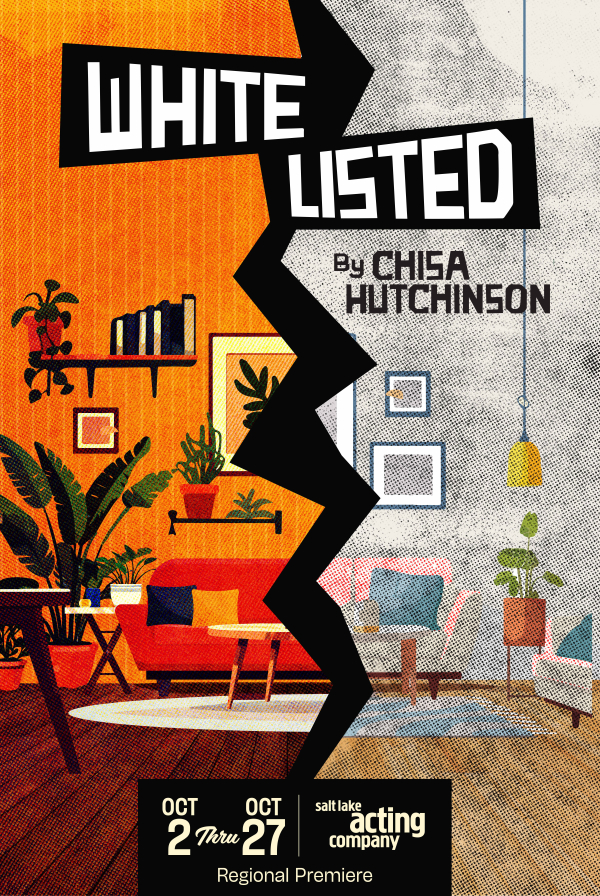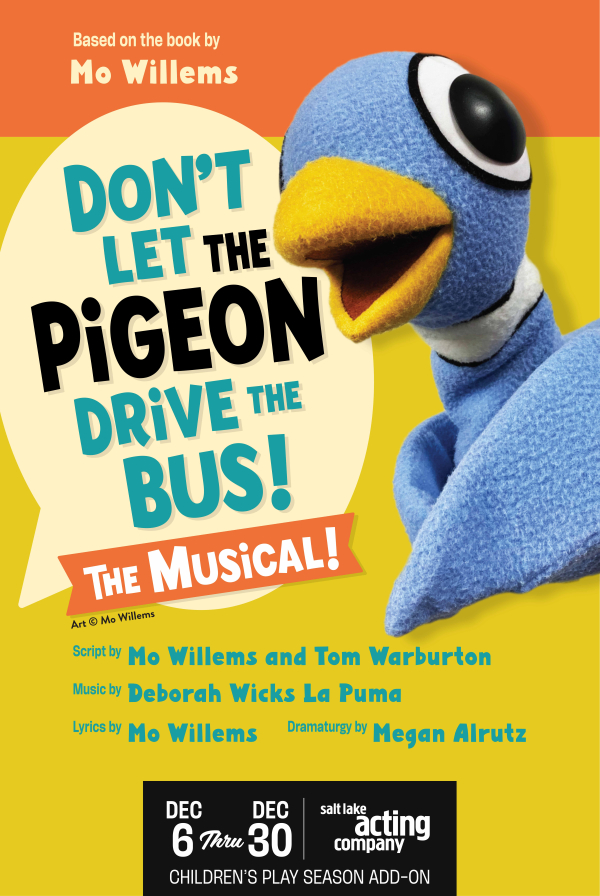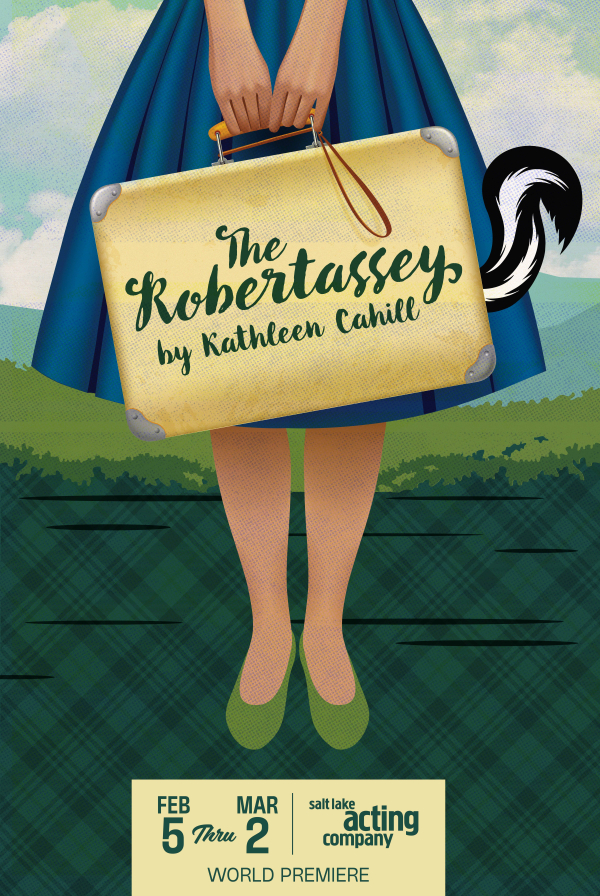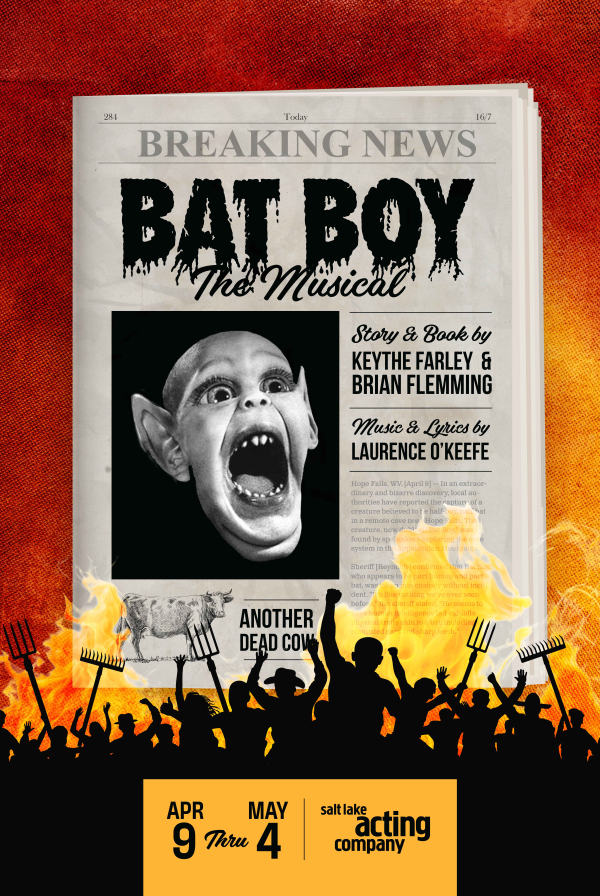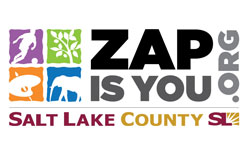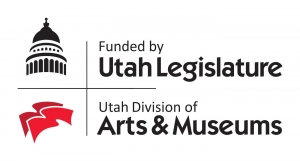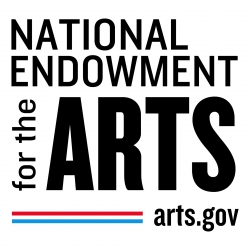Salt Lake Acting Company - 49th season
Fer Fun! Cast & Creative Announced for SATURDAY'S VOYEUR 2020
Cast & Creative Announced for World Premiere of Elaine Jarvik's FOUR WOMEN TALKING ABOUT THE MAN UNDER THE SHEET; Tickets Now on Sale
In celebration of the 150th anniverary of the first ballot cast by a woman in US history, the 100th anniversary of the ratification of the 19th amendment, and International Women's Day, Salt Lake Acting Company presents a world premiere from Utah's own, Elaine Jarvik.
On the morning of February 21, 1895, the day after the great Frederick Douglass died, Susan B. Anthony shows up on his widow’s doorstep. She is there to grieve — but is she also feeling guilty? FOUR WOMEN TALKING ABOUT THE MAN UNDER THE SHEET is an exploration of feminism and race, asking “what compromises should you make in pursuit of a cause?”
 Clockwise from top left: Colleen Baum, Latoya Cameron, Susanna Florence, Yolanda Stange, and Tamara Howell
Clockwise from top left: Colleen Baum, Latoya Cameron, Susanna Florence, Yolanda Stange, and Tamara Howell
Comprising the cast are five actors who are all making their respective returns to SLAC. Colleen Baum* (COURSE 86B IN THE CATALOGUE) plays Susan, Latoya Cameron* (FORM OF A GIRL UNKNOWN) is Zoe, Susanna Florence* (FORM OF A GIRL UKNOWN) is Helen, Tamara Howell (STAG'S LEAP) is Mrs. Stanton, and Yolanda Stange* (SURELY GOODNESS AND MERCY) is Rosetta. Baum, Florence, and Howell all revisit Jarvik's play, having appeared in the New Play Sounding Series reading earlier this year.
The production will be directed by Jason Bowcutt, with scenic design by Justin Ivie, costume design by Spencer Potter, lighting design by cade beck, sound design by Emily Chung, and stage management by Katelyn Limber*.
FOUR WOMEN TALKING ABOUT THE MAN UNDER THE SHEET plays SLAC's Chapel Theatre from March 12-22, 2020. Tickets to the special, limited engagement are available online, in person at the SLAC box office, or by calling (801)-363-7522.
*Member of Actors' Equity Association, the Union of Professional Actors and Stage Managers in the United States
"A Really, Really, Really Big Adventure": First Look at PETE THE CAT
Playwright Will Snider on the Utah Premiere of DEATH OF A DRIVER
Casting has been finalized for Salt Lake Acting Company’s world premiere production of form of a girl unknown by Charly Evon Simpson.
Amali is twelve years old, she is wise, and she is fascinated – by A Midsummer Night’s Dream; by her changing body; by the story of the children killed in the woods. With humor, magic, blood, and fire, this play is not your typical coming-of-age story.
Making her Salt Lake Acting Company debut is Amanda Morris*, who plays Amali. A resident of New York City, she was previously seen by Utah audiences in Lyric Rep’s A RAISIN IN THE SUN.
Daisy Allred, Aaliyah Ann*, and Bradley Hatch all return to the SLAC Upstairs Theatre, having appeared in SATURDAY’S VOYEUR 2019. They play Marina, Charise, and Finn, respectively. Latoya Cameron* (THE CAKE) and Susanna Florence* (PTC’s SWEAT) return to form of a girl unknown after appearing in the New Play Sounding Series workshop production (co-presented by The Davey Foundation) last summer. Cameron plays Ma and Florence plays Dr G/Policewoman.

The production is helmed by Ars Nova and Atlantic Theatre Company alum Melissa Crespo, who also directed a form of a girl unknown workshop at Westport County Playhouse earlier this year.
Crespo is joined on the creative team by Shoko Kambara (Scenic Design), Alicia Washington (Costume Design), Jessica Greenberg (Lighting Design), Jennifer Jackson (Sound Design), and Linda Brown (Specialty Prop Design). The production will be stage managed by Jennie Sant*.
form of a girl unknown runs October 16 through November 17, 2019. Tickets can be obtained via tickets.saltlakeactingcompany.org, in person at the SLAC box office, or by calling 801.363.7522.
*Member of Actors' Equity Association, the Union of Professional Actors and Stage Managers in the United States





